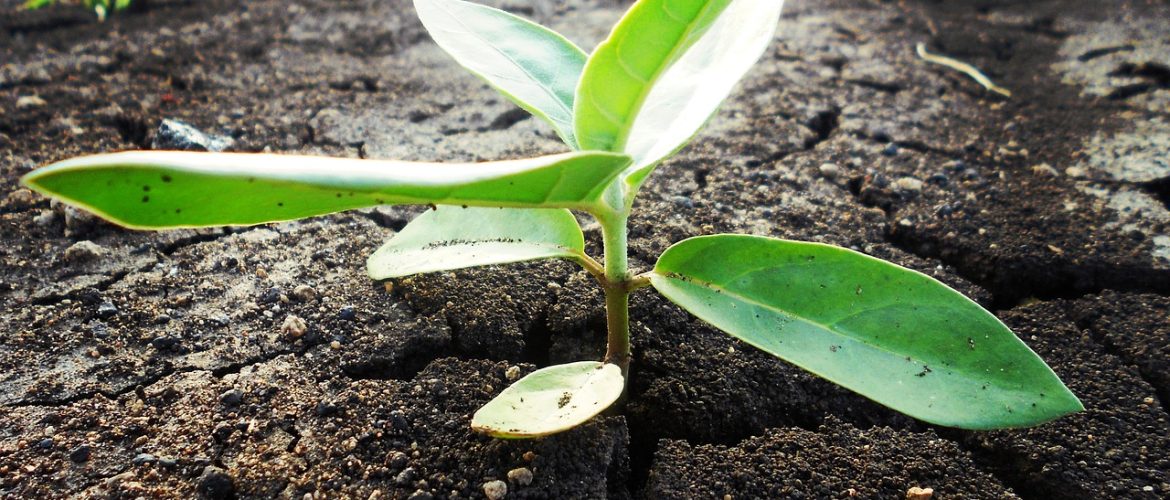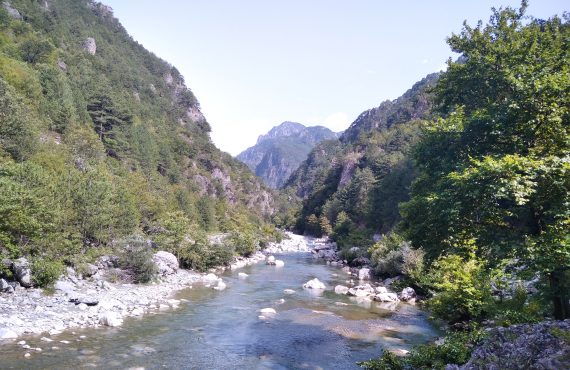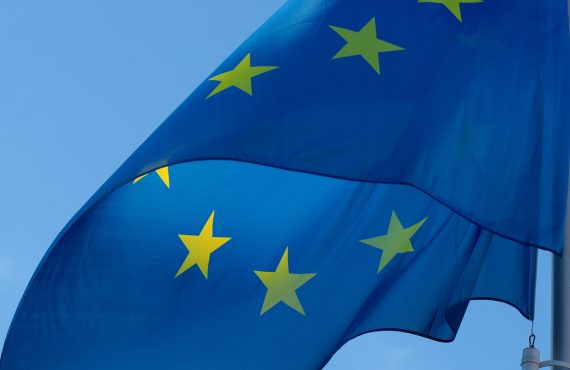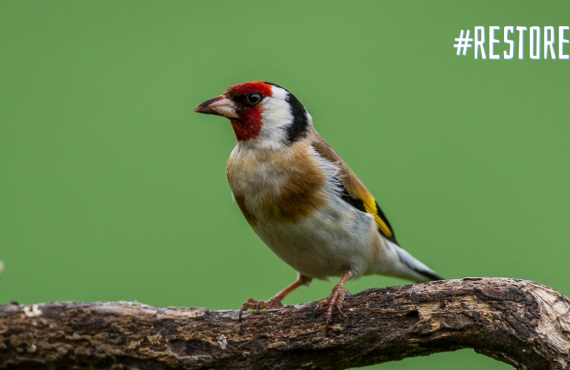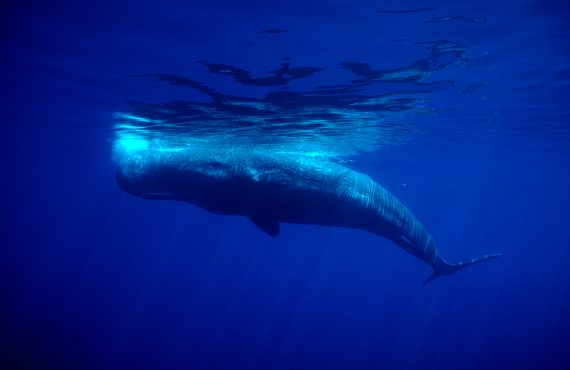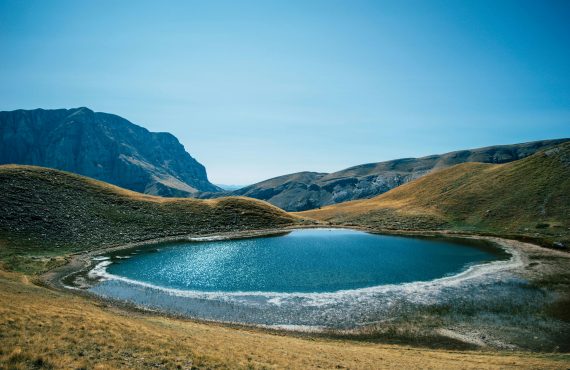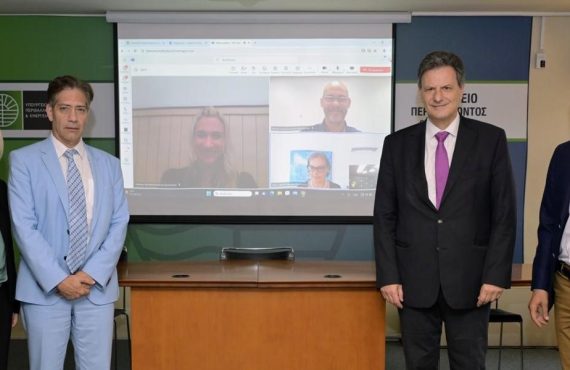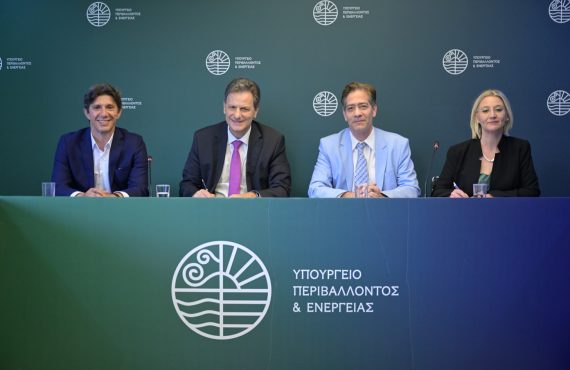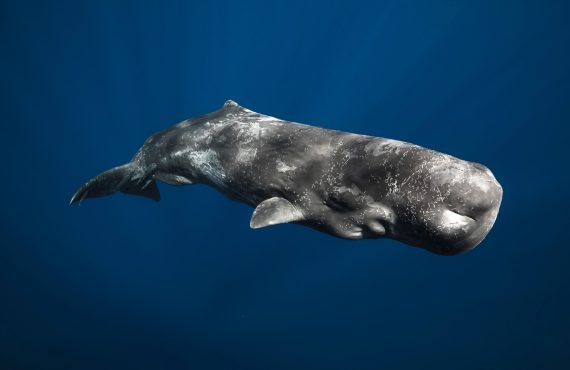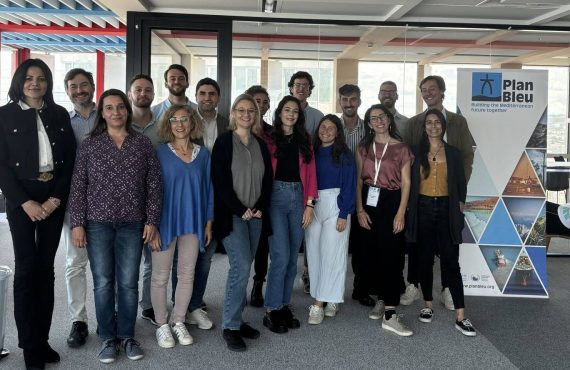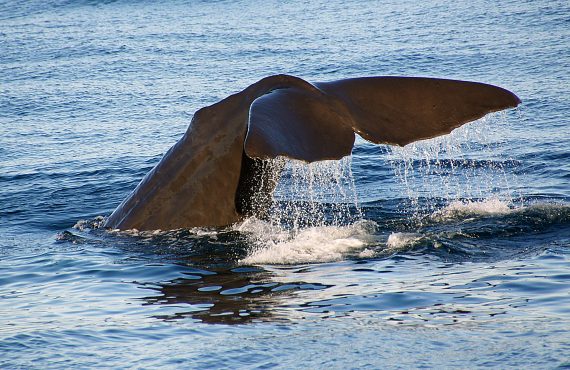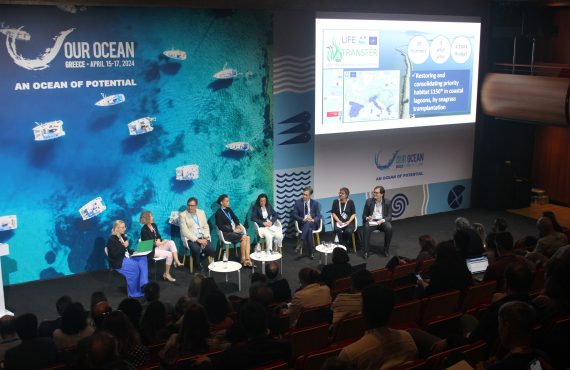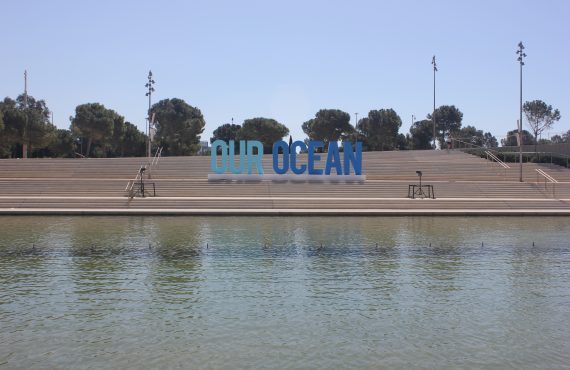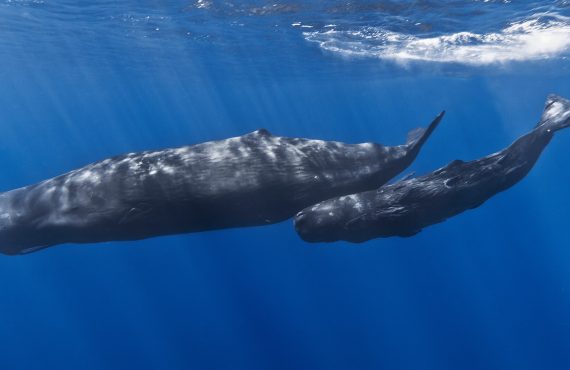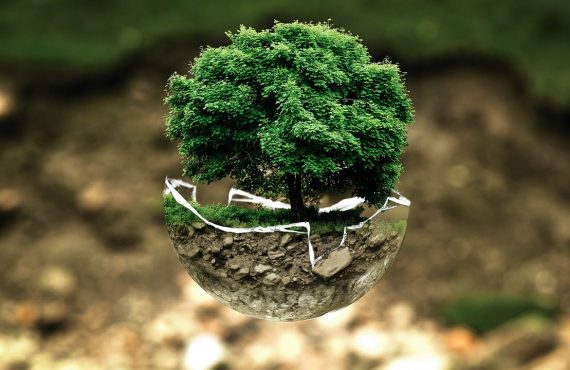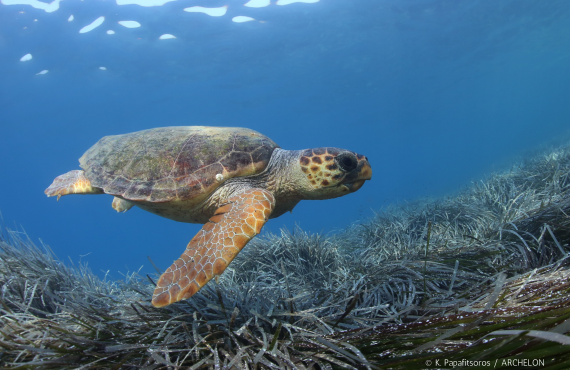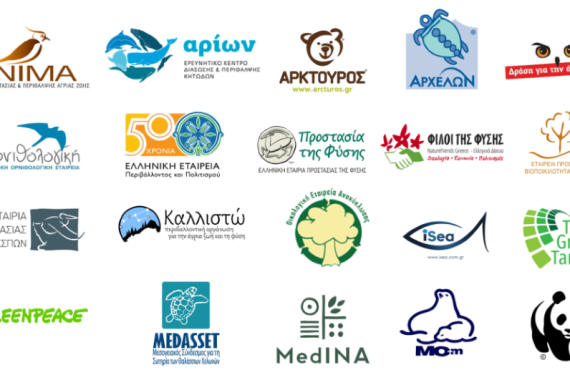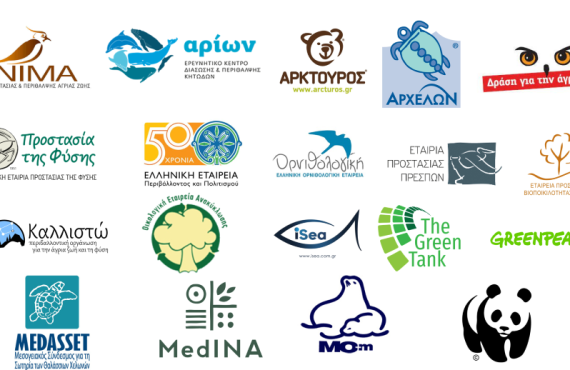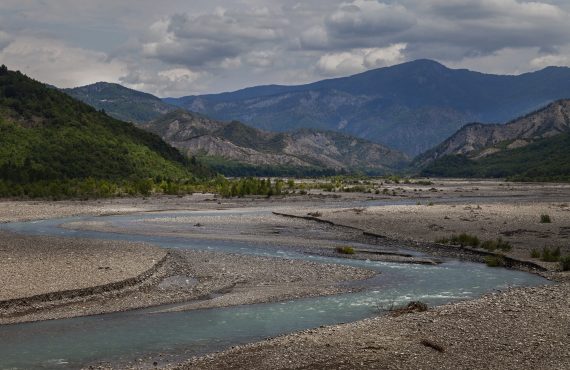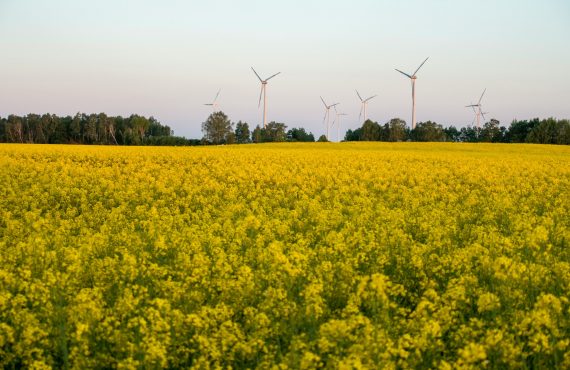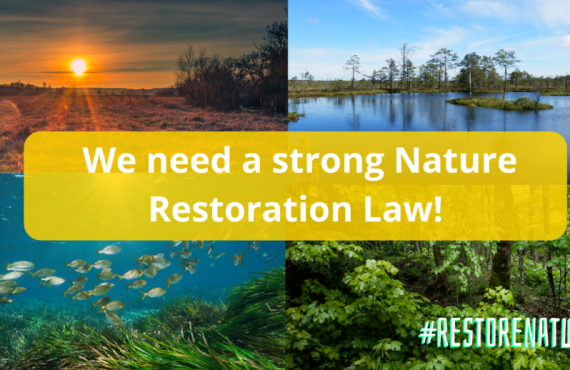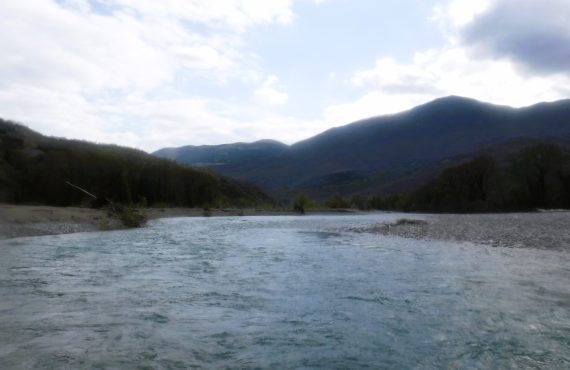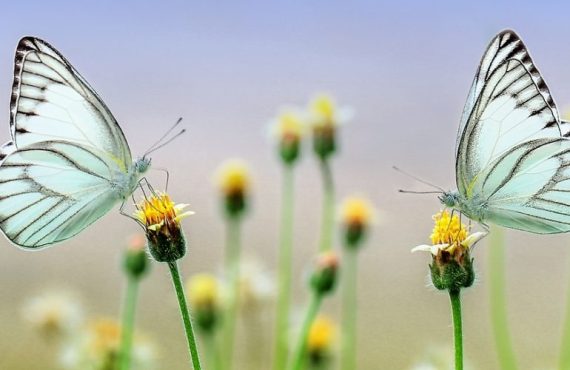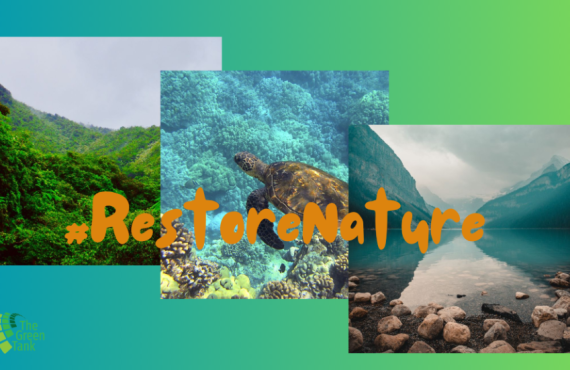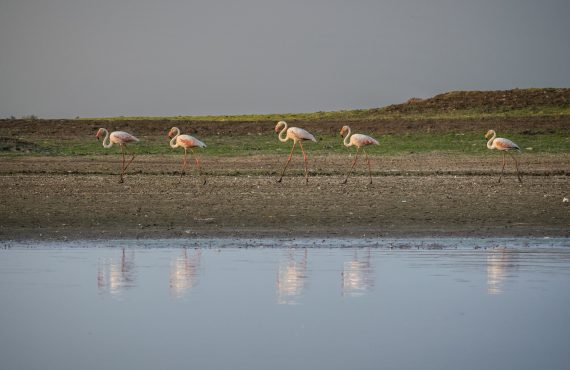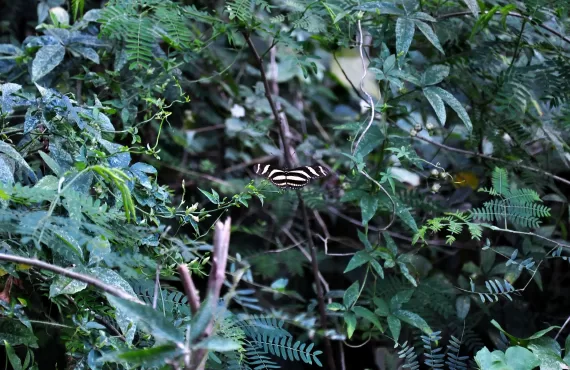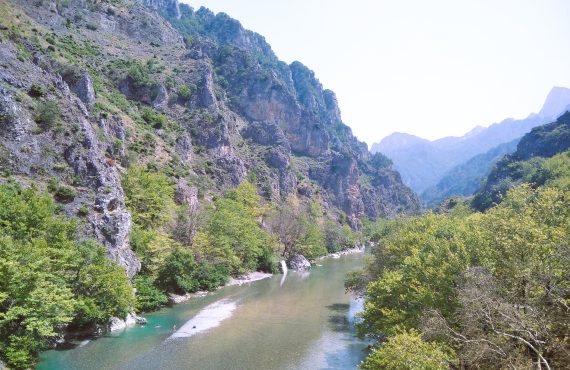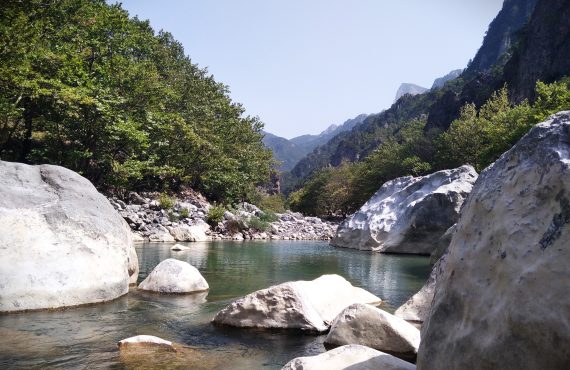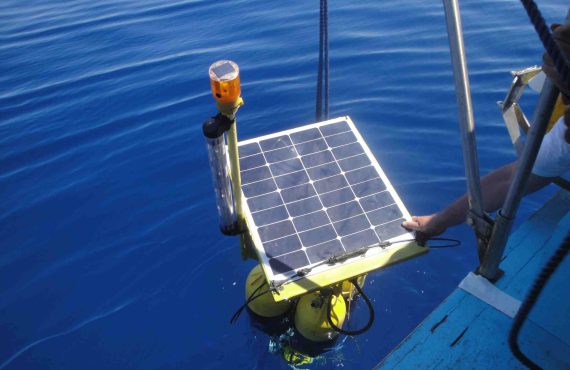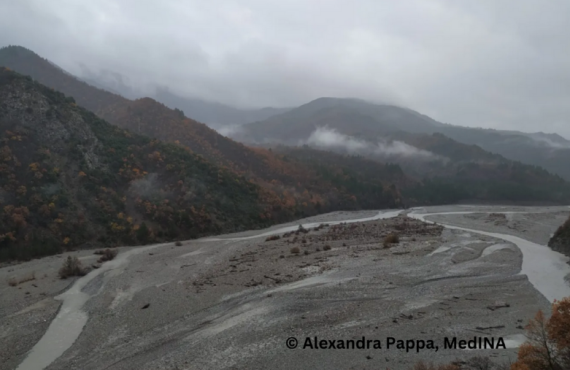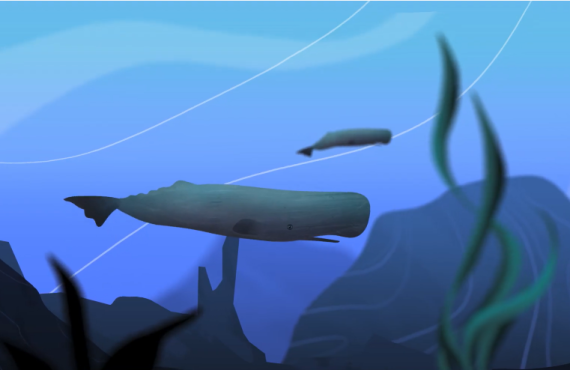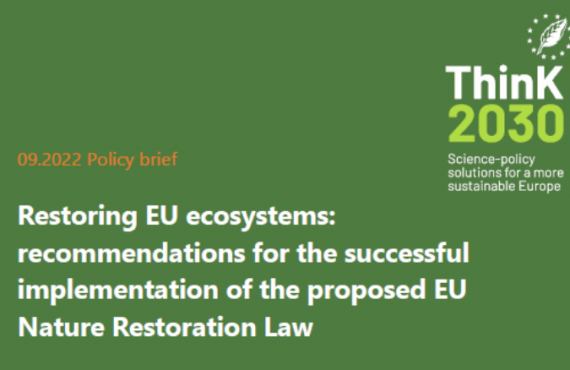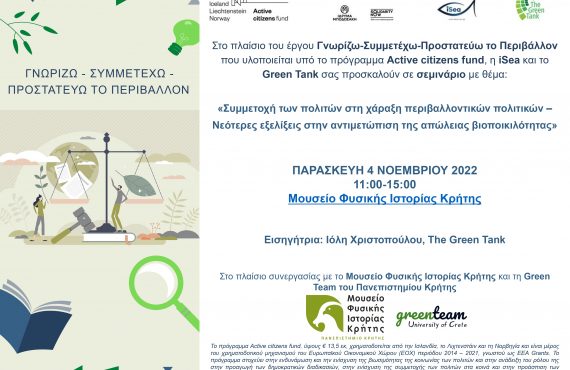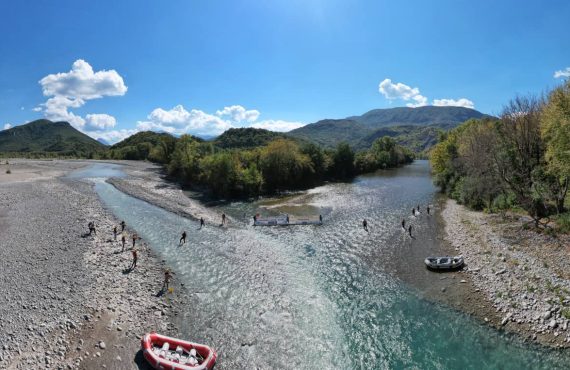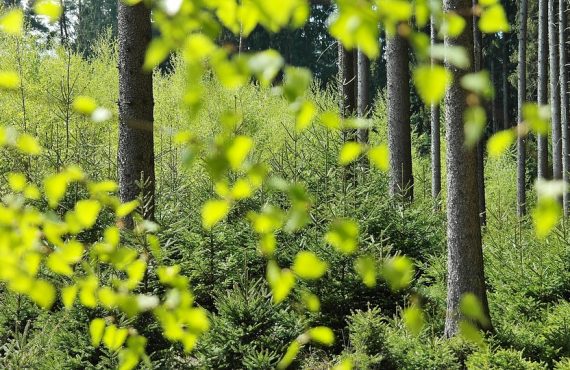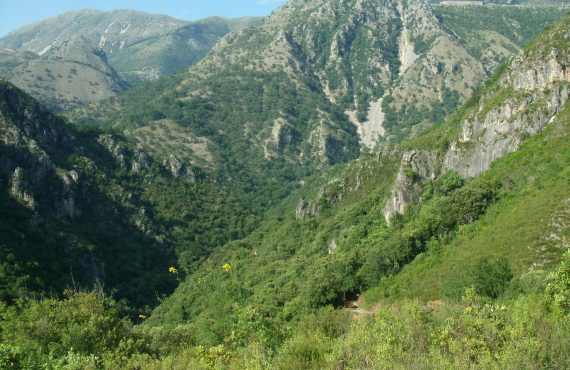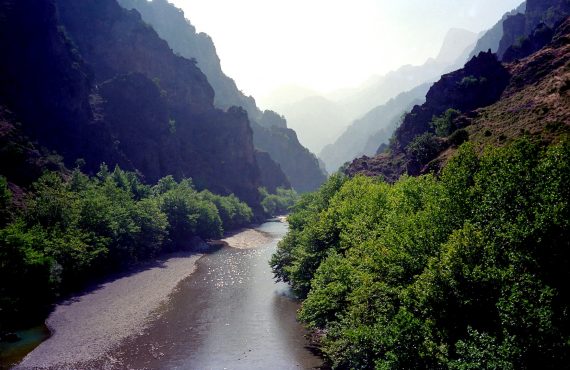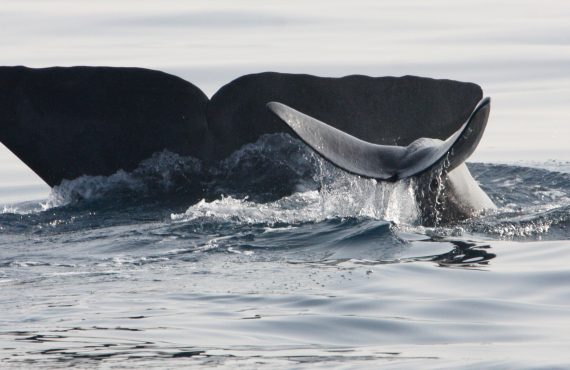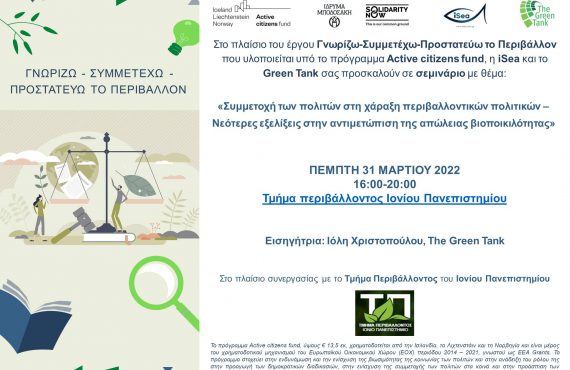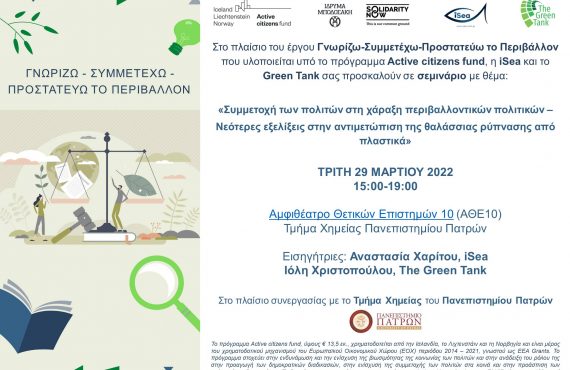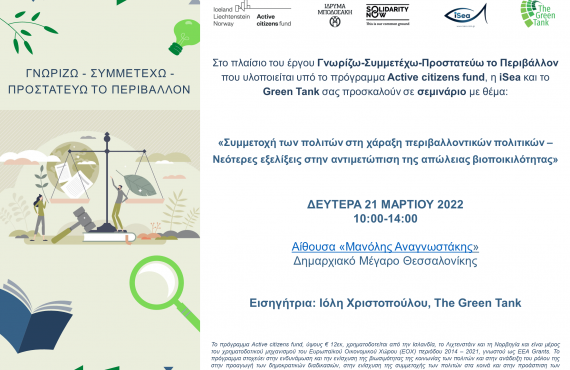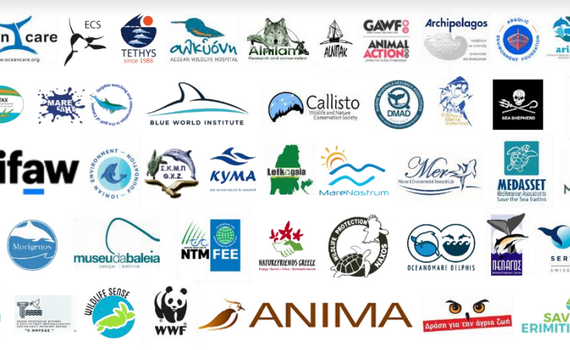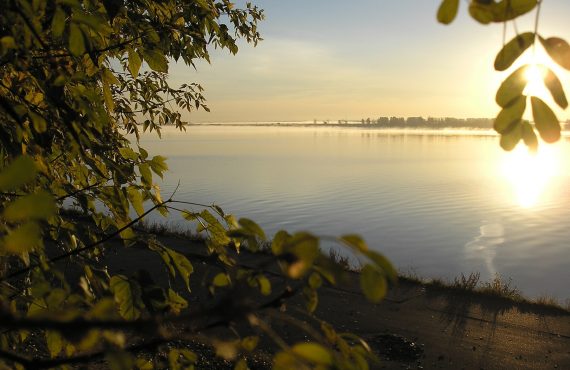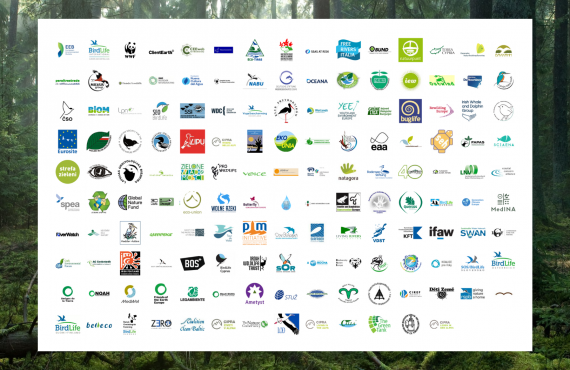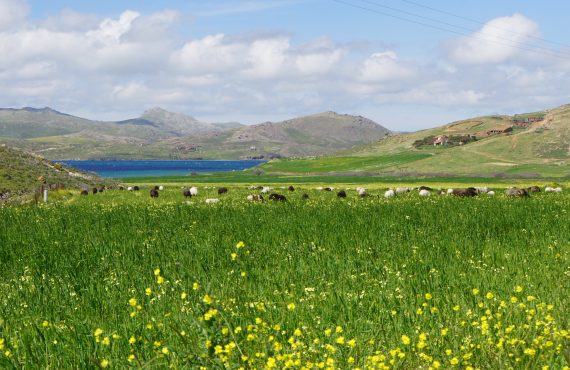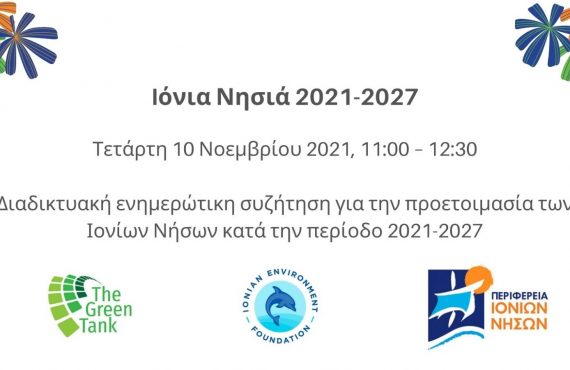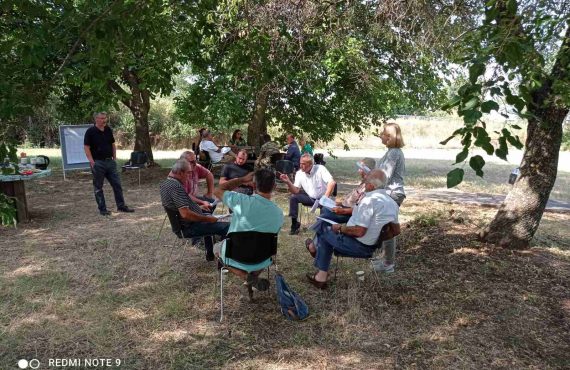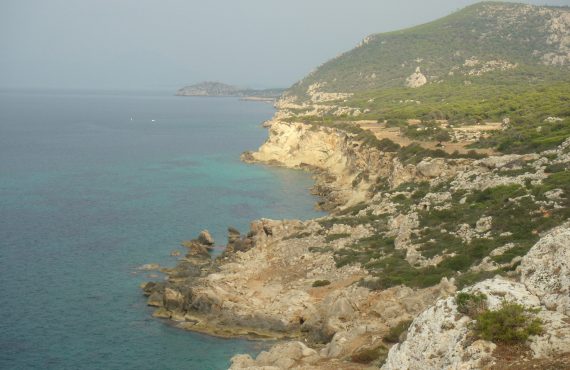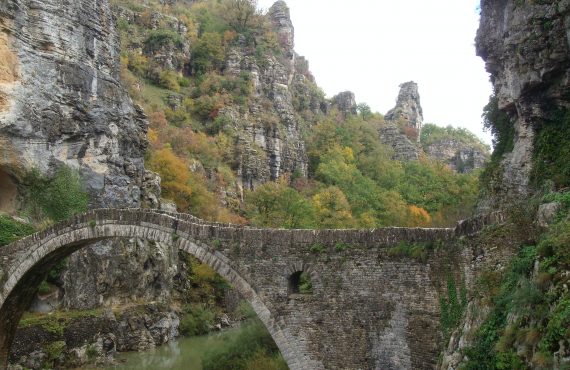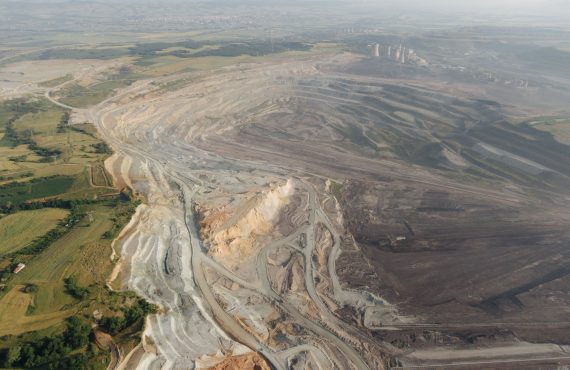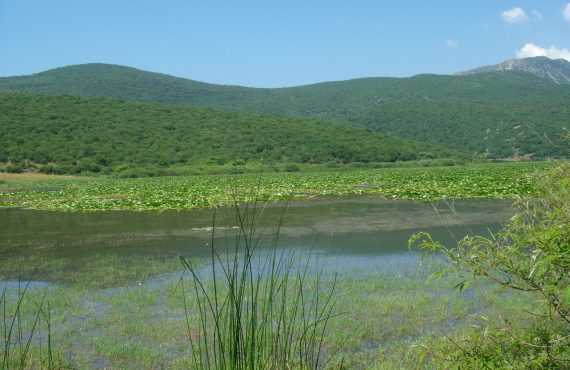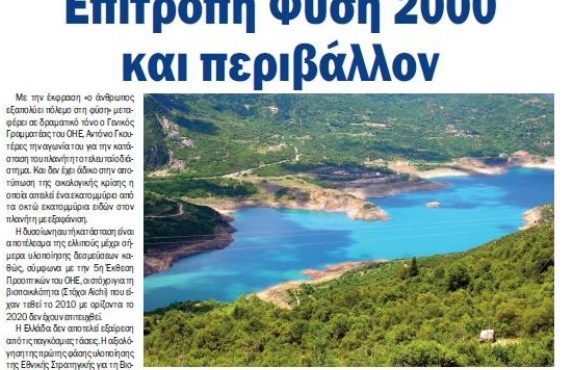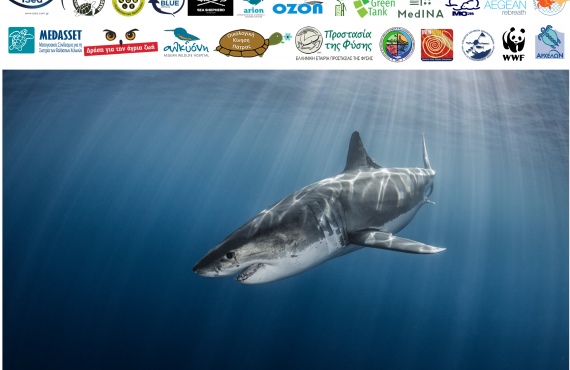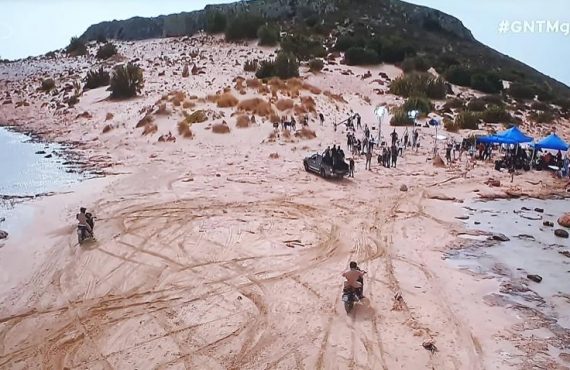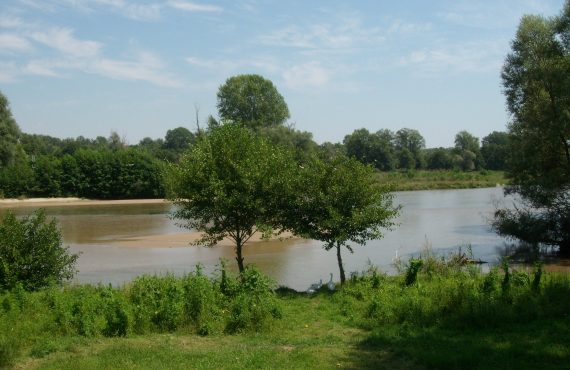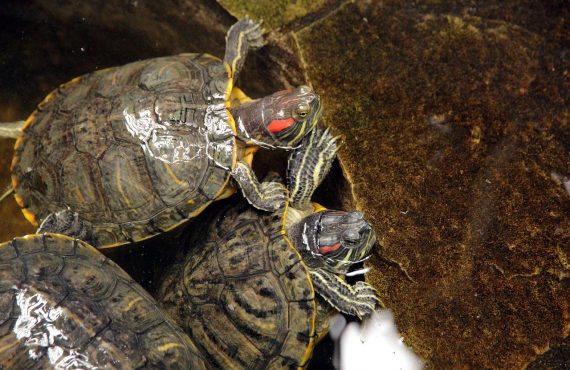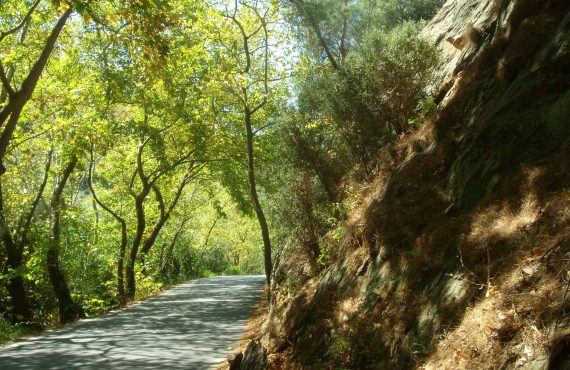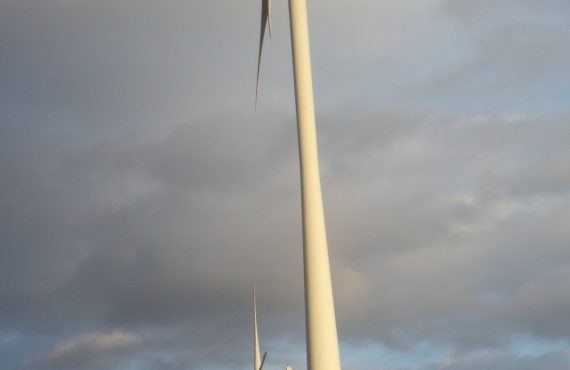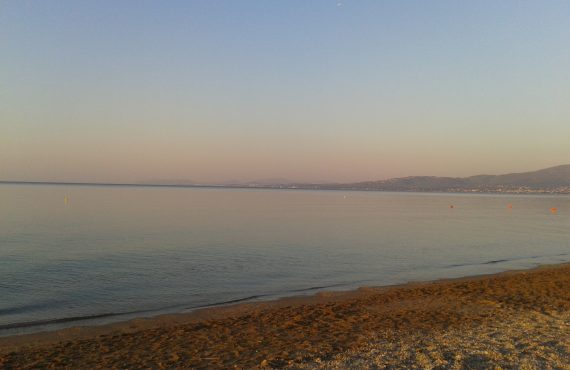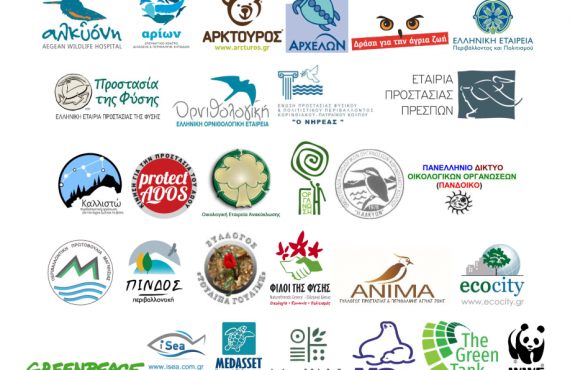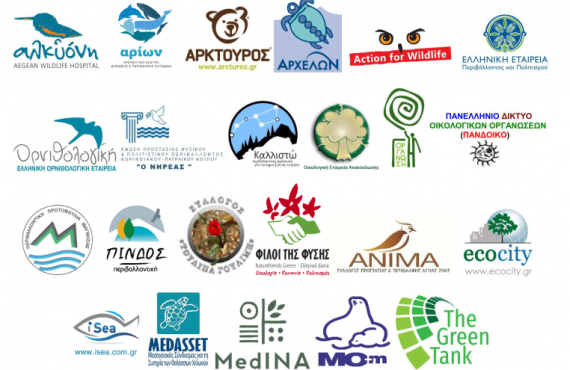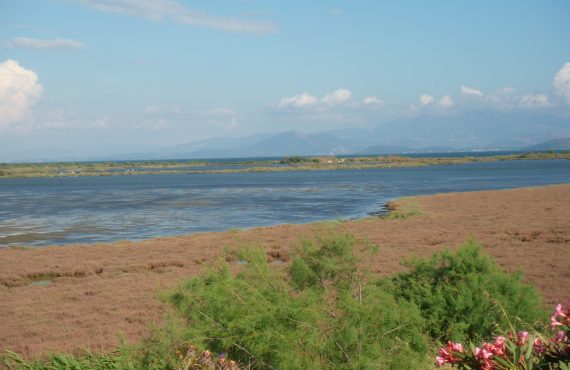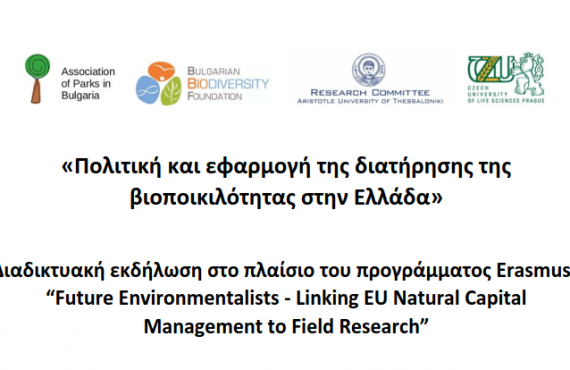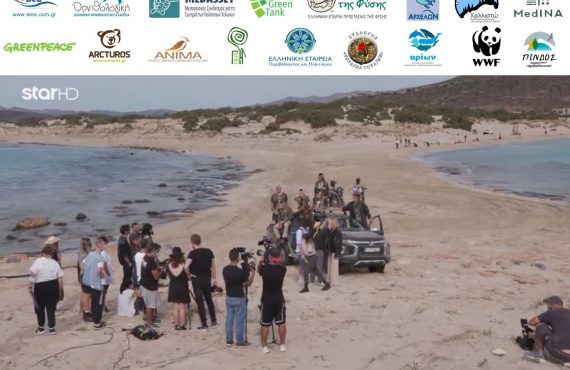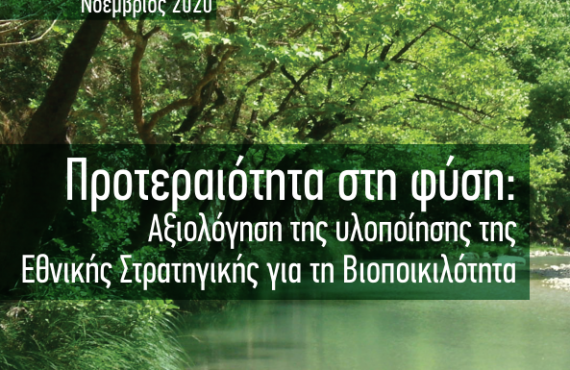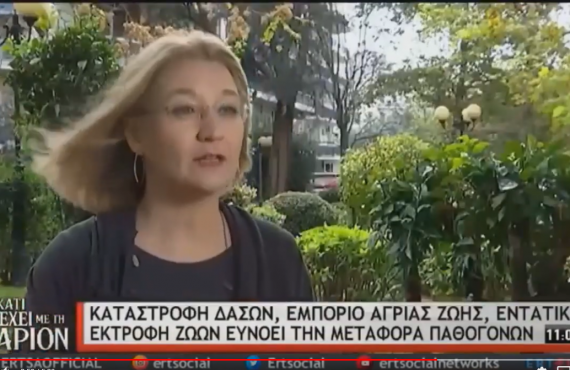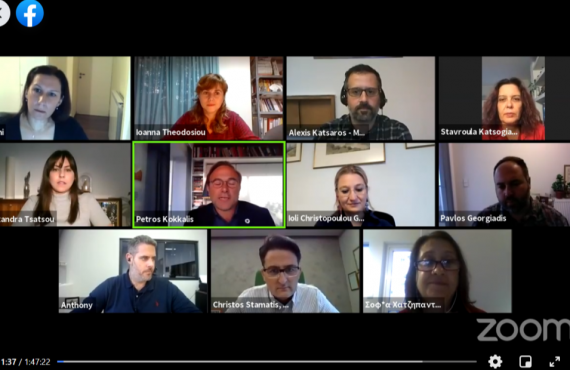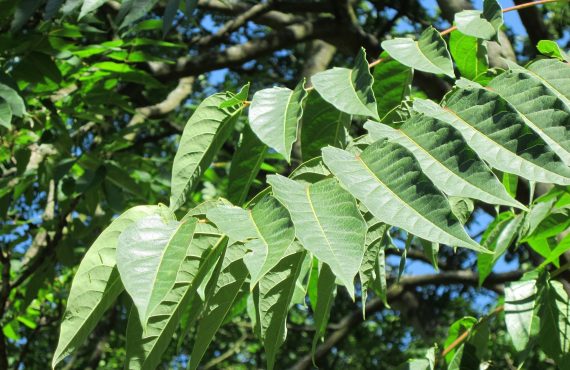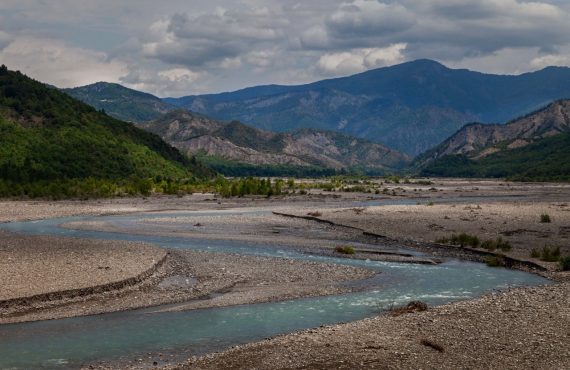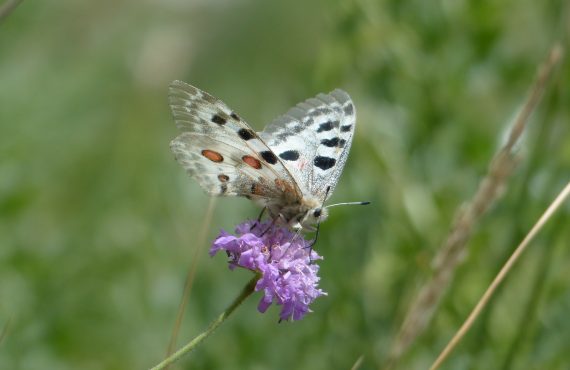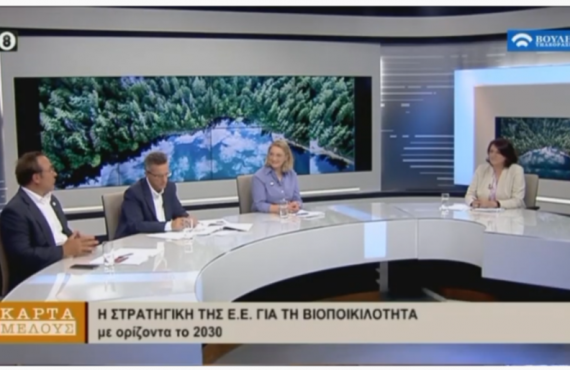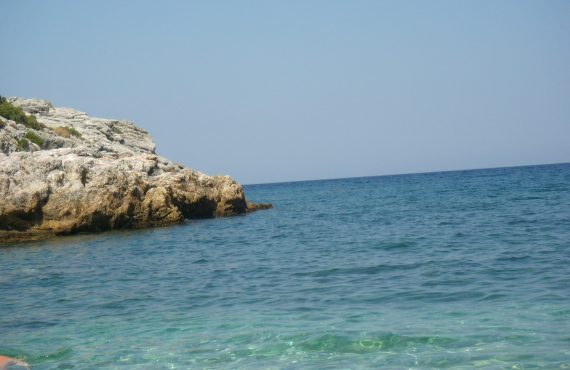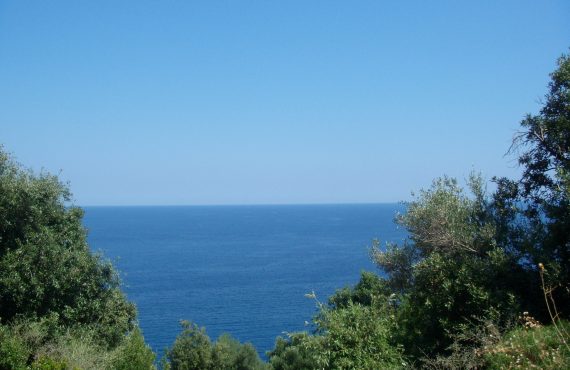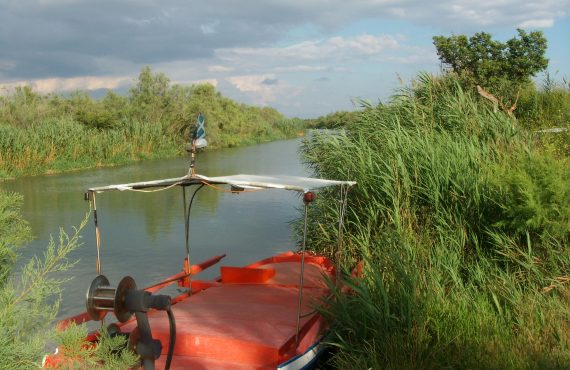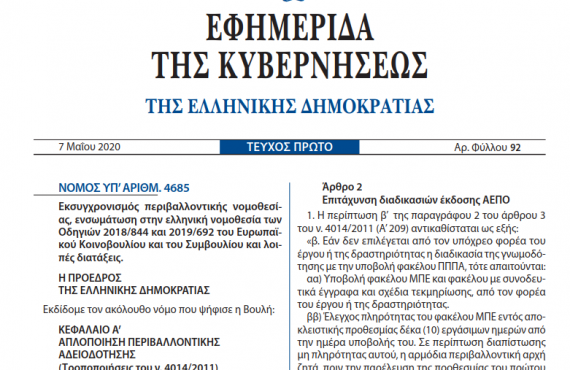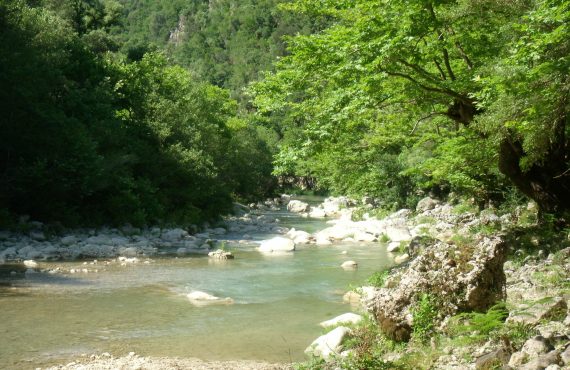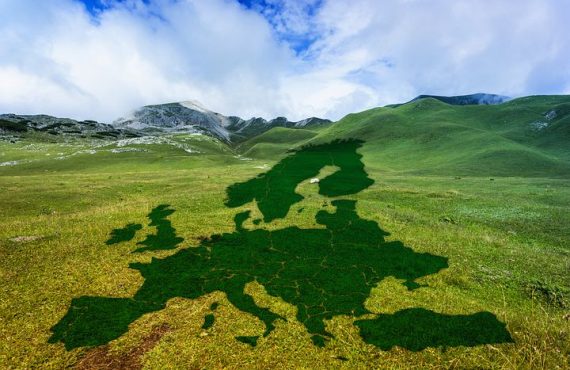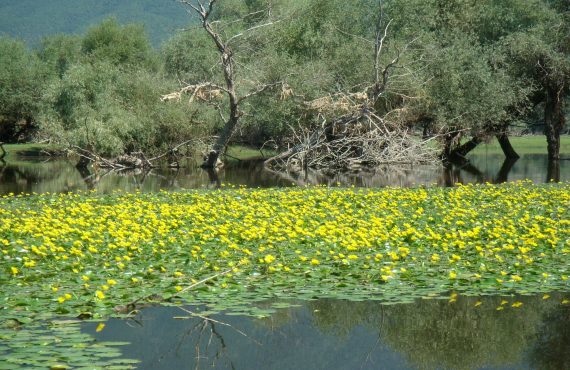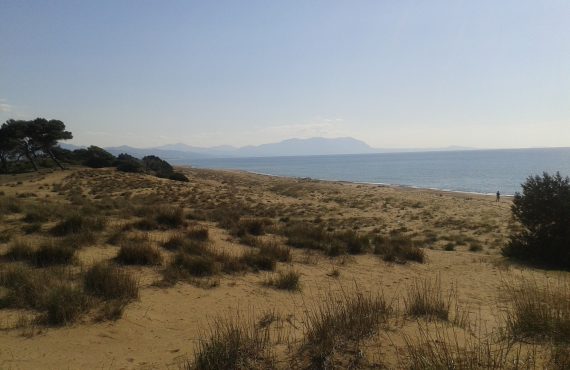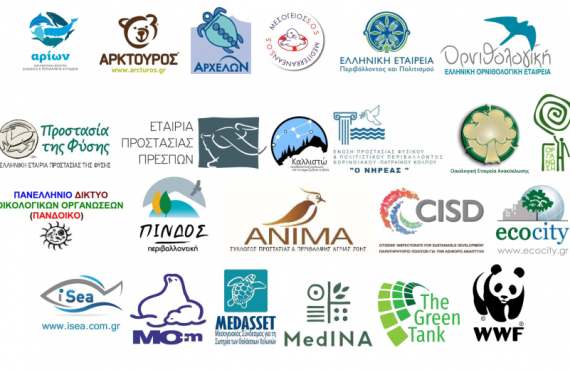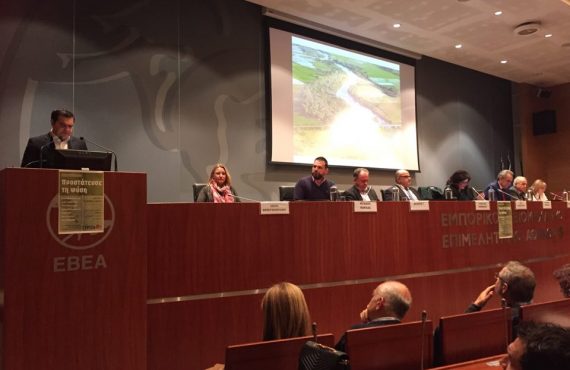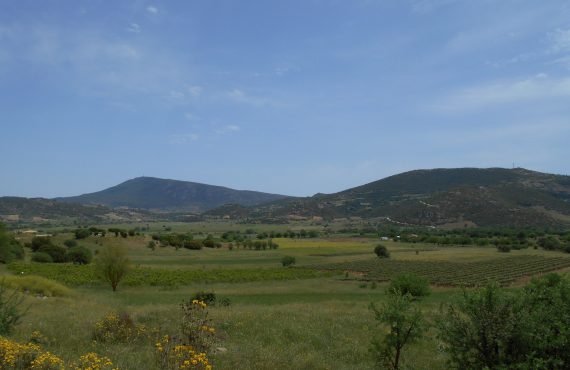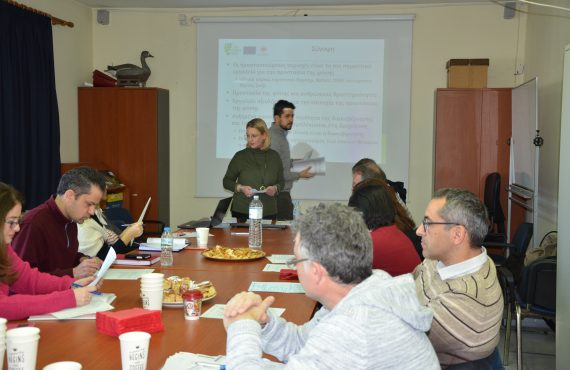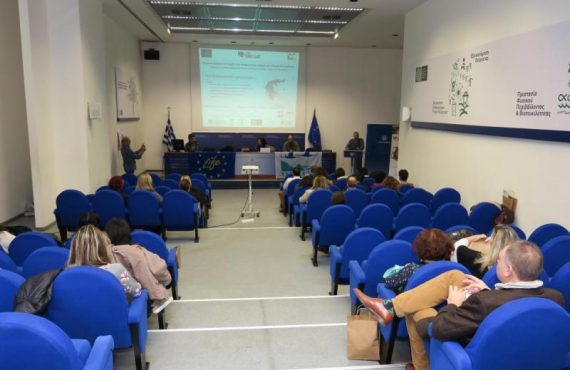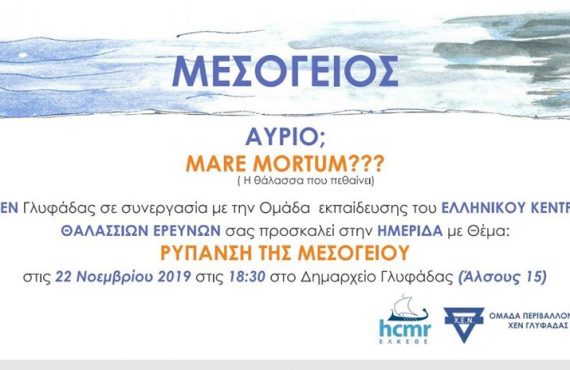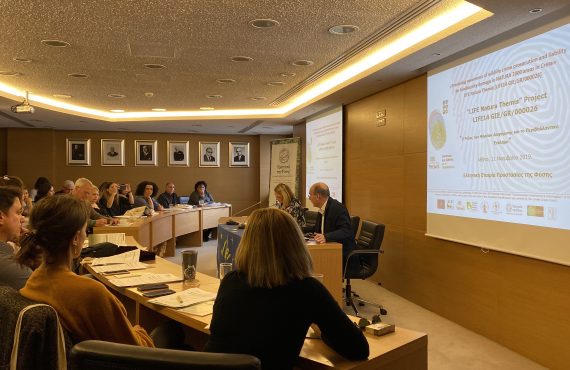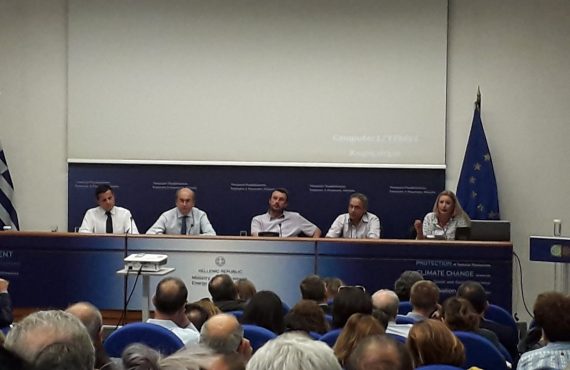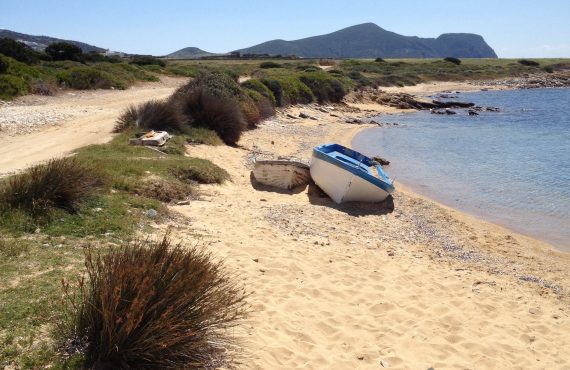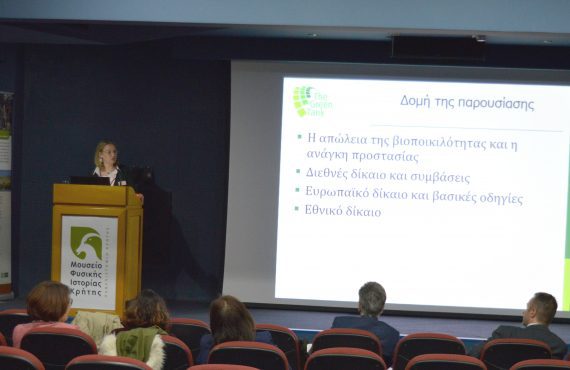Discussing aspects of the challenging relation between business and nature during the 21st Corporate Responsibility Conference organized by the American-Hellenic Chamber of Commerce and its Corporate Responsibility Committee, Ioli Christopoulou argued that we need ensure that nature and its contributions are valued and accounted for.
Starting her comments from the climate crisis, she stressed that science and civil society have been sounding the alarm of climate collapse for years. However, while commitments were made, policies adopted lacked the economic tools to trigger the needed change. As a result, for example in Greece, emissions continued to rise until as recently as 2007. Focusing on the electricity sector, which at the time accounted for more than a third of the country’s emissions, she noted how the revision of the EU Emissions Trading System in 2018 and the fact that emissions allowances to the electricity sector were no longer granted for free, resulted in shifts in the decision to phase out lignite and a reduction of emissions of 63% compared to 2007 and 48% compared to 1990 levels. In fact, in 2022, renewables (wind and solar) became the top source of electricity in Greece for the first time.
And, there is more to be expected as the EU energy and climate legislation was just updated so that the EU can meet its revised climate target of reducing emissions by at least 55% by 2030 (compared to 1990) in line with the overall EU objective of reaching climate neutrality by 2050.
 Commenting on nature protection and biodiversity loss, Ioli Christopoulou noted the importance of recognizing the dependence of economy and society on nature. And strongly argued that we need to turn nature from being an invisible and neglected asset to being embedded in the economy. Indeed, she argued that it is essential to ensure a path for the recovery of nature in order to mitigate the risks, which according to the World Economic Forum are grave, given that approximately 50% of the global GDP is dependent on nature.
Commenting on nature protection and biodiversity loss, Ioli Christopoulou noted the importance of recognizing the dependence of economy and society on nature. And strongly argued that we need to turn nature from being an invisible and neglected asset to being embedded in the economy. Indeed, she argued that it is essential to ensure a path for the recovery of nature in order to mitigate the risks, which according to the World Economic Forum are grave, given that approximately 50% of the global GDP is dependent on nature.
In this direction, she emphasized the need for the adoption of the EU Nature Restoration Law, despite the tense and unprecedented reactions over the past months. Ioli Christopoulou noted that scientists and civil society and even large corporations have highlighted the benefits of nature restoration, from food production to climate resilience to job creation and new business opportunities. These benefits are estimated to be several times greater than the investment need for restoration, while inaction has significant costs.
With the EU elections coming up, Ioli Christopoulou, while noting that there is work to be done in the energy sector, underlined the need to start the green transition in the sectors that are still lagging behind, especially agriculture and food systems, to emphasize nature restoration, and to promote nature-based solutions.
The 21st CR Conference titled “Links: Pivoting the Human Right to Nature into Business Reality” was held on October 24, 20203 at Stavros Niarchos Foundation Cultural Center, Athens.
Other participants of the session titled “Business and Nature” included:
Philip Brown, Managing Director, Banking, Capital Markets & Advisory, Citi
Constantinos Liarikos, Head of Development, WWF
The session was facilitate by Nikos Charalambides, Executive Director, Greenpeace Greece



